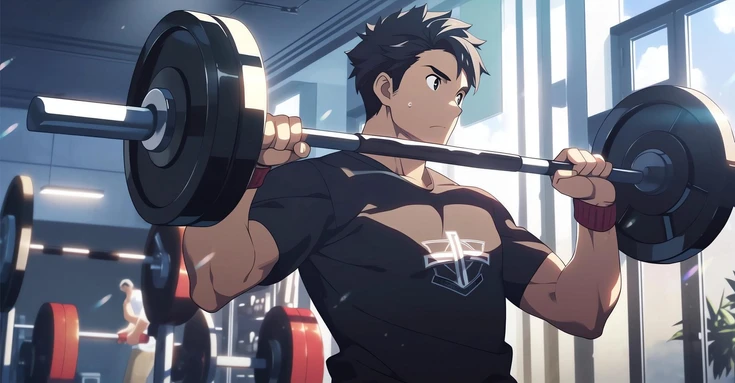
Why the Best Students are the Best Athletes

Have you ever wondered how some of the top students are also the top athletes? You would think that spending more time at the gym meant less time spent studying? But these student-athletes understand a fundamental truth: that strategies for training your body are the same as for training your mind.
A useful way to think about learning is through the lens of a professional athlete. After all, a student is a professional learner. Thinking like an athlete unlocked new frames of mind: discipline, grit, training for peak performance, honing my learning skills, and strategy. If learning were a sport, then this is how I’d train:
🫀 Endurance Training
In sports, cardiovascular endurance ensures more intense play, and allows you to outcompete your opponents. An athlete with no stamina gets less play time, and can't make the most of those few minutes.
For learners, this cardio is analogous to focus. Many people approach learning with the fixed mindset that their focus is just something that they’re born with and cannot change. But focus is like cardio in that the more you practice, the better your endurance.
Just like how you wouldn’t compete on the field with heavy weights dragging you down, you would also not attempt to get focused work done with all sorts of tech and distractions weighing down your attention.
It’s not about spending more time studying, it’s about making the most out of the time you already have.
⌛️ Interval Training:
Athletes train in intervals. Whether lifting weights or running drills, the exercises are broken down into sets, reps, and breaks. So for example, at the gym, I would do 3 sets on the bench press, each set with 8 reps, and breaks in between each set. At the library, I would do 3 sets of focused work, each set is 25 minutes followed by a 5 minute break. This gives a clear regimen to follow, which makes it easier to both stay consistent and track progress.
🏋️ Tracking Strength:
If you always lift the same weight, then you’re not pushing your muscles to grow. We want to incrementally increase the weight. Many athletes will either write down their personal records for progress tracking, or have their coach do it for them. With learning, I recommend tracking focus time, distraction frequency, and procrastination tally. These are all metrics that can be used to better design a study session, or prevent procrastination. As learning coaches, this is exactly what we do for our students in Study Quest.
🥤Rest and Recovery:
Rest and sleep are sacred to every athlete. Not only does it help in recovery, but also helps prevent injuries in future training. The same goes for learning. Compromising on sleep can lead to poor memory retention and slower comprehension.
Approach learning with the discipline of an athlete. Train smart, measure progress, rest well, and remember - every study session is an opportunity to push your limits and set a new personal best.
Join our newsletter to level up your learning and earning potential